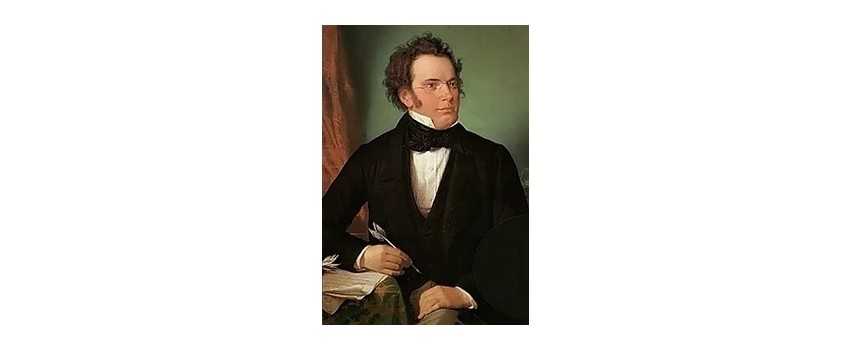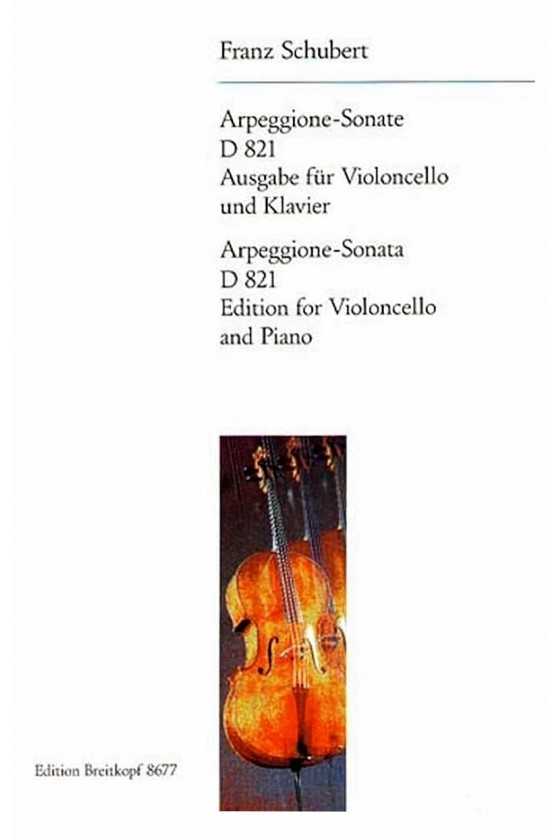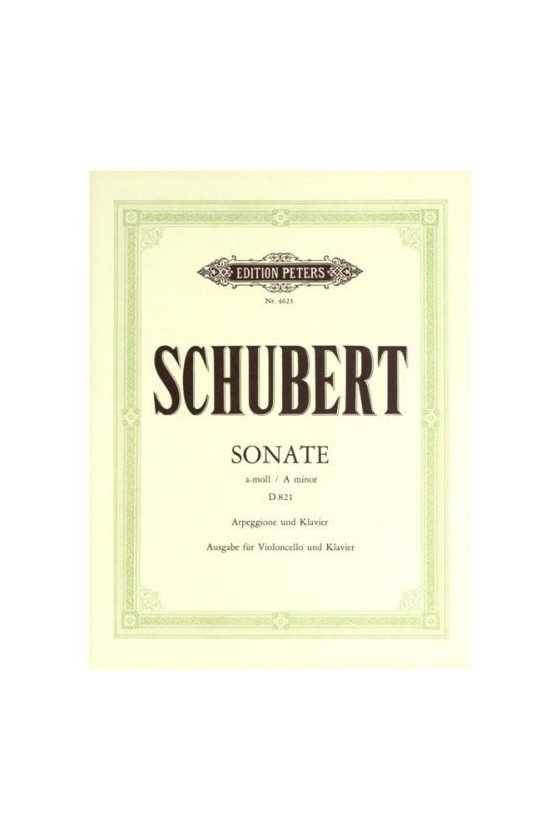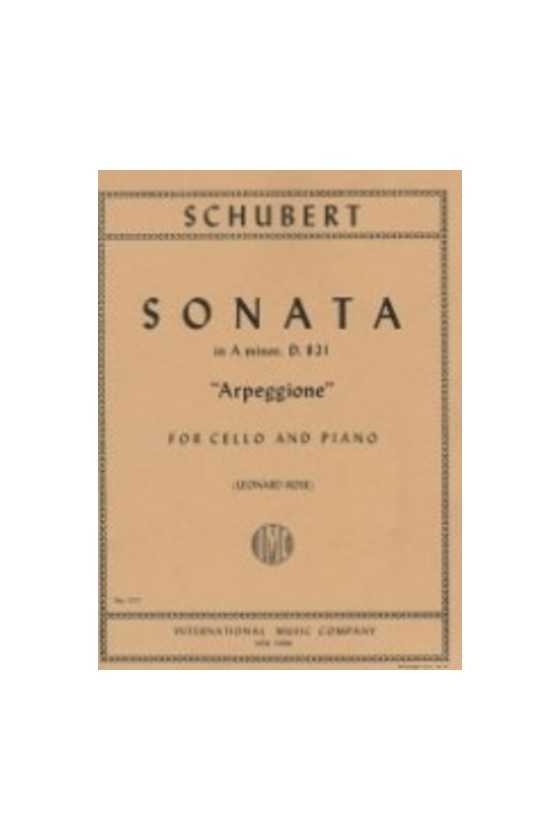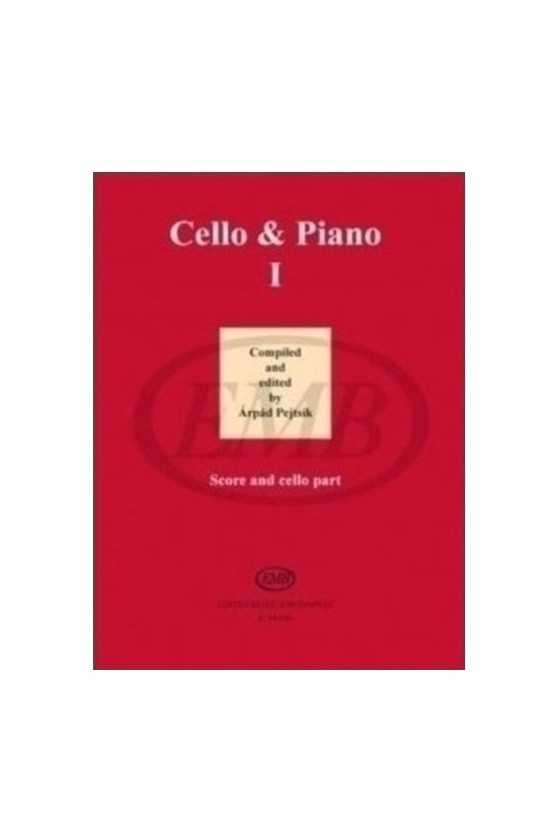Schubert Sonata For Arpeggione & Piano In A Minor Edition For Cello (Breitkopf & Härtel)
Schubert's Arpeggione Sonata, a masterpiece in Breitkopf & Härtel's catalogue, underwent a meticulous revision, thoroughly examining all sources. The piece's originality lies in its unique solo instrument, the arpeggione, replaced by violin and violoncello in 1871. The revised version is a magnificent piece showcasing Schubert's exceptional talent.

